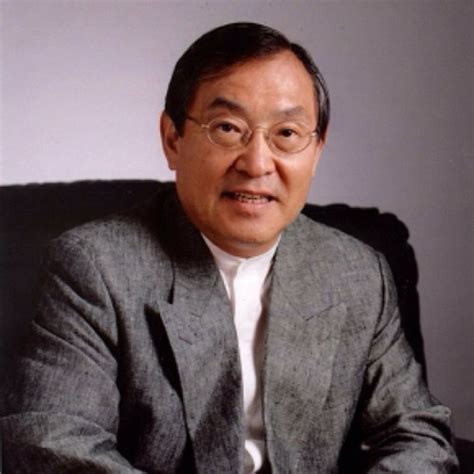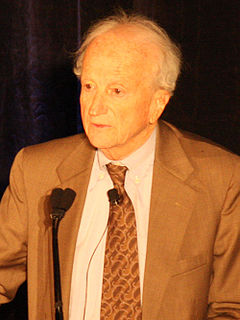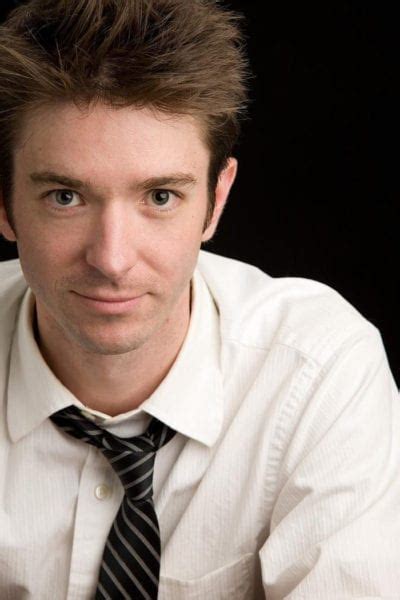A Quote by Kenichi Ohmae
Analysis Is the Critical Starting Point of Strategic Thinking
Quote Topics
Related Quotes
I do not mean to say that such institutions act unilaterally on psychic life, or that they determine certain psychic outcomes. Rather, they exploit forms of fear and insecurity that are there for any population - no political organisation of life could ever fully do away with fear and insecurity; but some work to intensify, accelerate, and make more acute forms of fear, and to provide ideological focus for such intensified fears, at which point critical thinking has a fierce rival. The critical analysis that shows precisely how those forms of fear are promulgated, and for what purpose.
I think after 'The Day The Earth Stood Still,' I really stopped thinking strategically about my career. I just did. At that point, it became crystal clear to me that you can strategise your career all you want, but it's so difficult to get a movie made, and creativity shouldn't be subjected to that kind of strategic thinking.



































